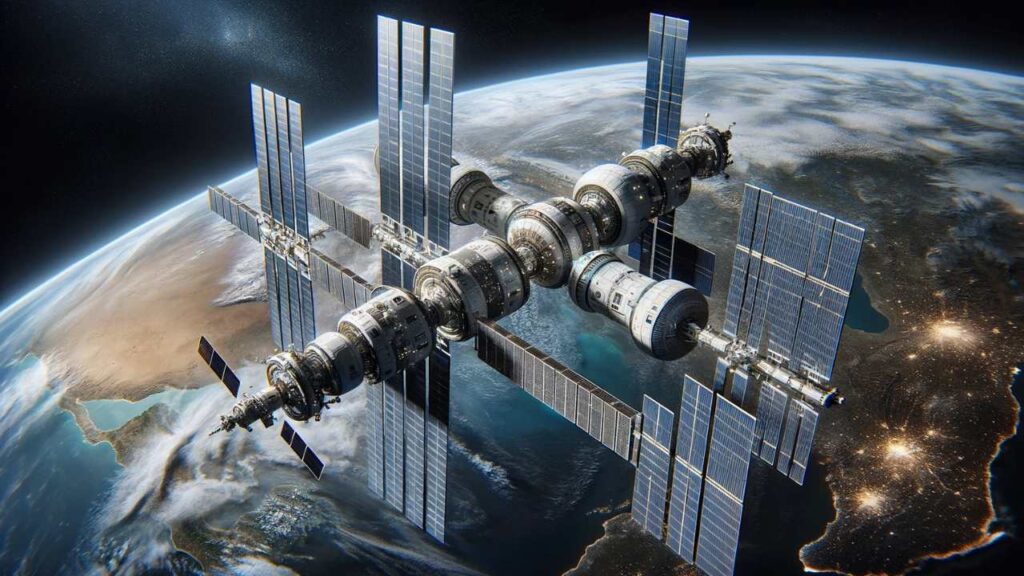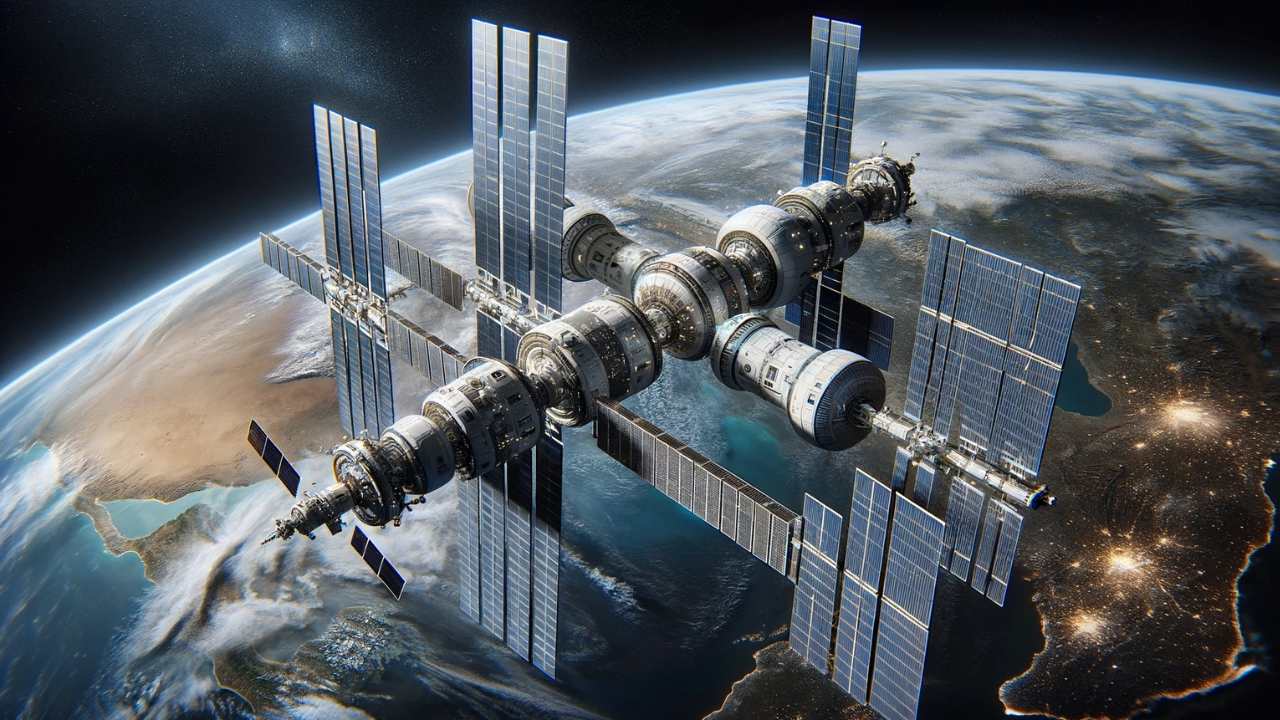“Discover the Orbital Reef project, a groundbreaking initiative by NASA and Blue Origin to develop a commercial space station with advanced life support systems. Learn about the milestones achieved in air and water recycling technologies essential for sustaining human life in low Earth orbit, and how this collaboration is shaping the future of space exploration.”

NASA and Blue Origin are making strides in space innovation through their joint venture, the Orbital Reef project. This collaboration aims to establish a new commercial space station, with recent advancements in its life support system, showcasing significant progress.
The Orbital Reef project, backed by NASA funding, is on track with its life support system development, critical for human survival in space. The project, under a Space Act Agreement from 2021, has successfully completed important milestones, emphasizing the purification and recycling of air and water vital for space missions.
The collaboration between NASA and commercial entities like Blue Origin is integral to creating next-generation space habitats. These platforms are designed to support various activities, including scientific research, by maintaining a human presence in low Earth orbit. This partnership reflects a strategic move to extend human reach in space and leverage the benefits for Earth.
Angela Hart, who manages NASA’s Commercial Low Earth Orbit Development Program, highlighted the significance of these achievements. They are essential for validating the commercial station’s ability to sustain human life, facilitating ongoing low Earth orbit missions for scientific and exploratory purposes. The progress also provides NASA with insights into the design and development trajectory of future space stations.
Life in space necessitates a controlled environment, as demonstrated on the International Space Station (ISS), where life support systems ensure the availability of clean air and water. The ISS’s regenerative systems minimize resupply needs by recycling a substantial portion of onboard resources. Similarly, Orbital Reef is set to incorporate an efficient life support system, with recent tests covering air purification and water recycling processes.
The project’s progression is part of NASA’s broader agenda to encourage commercial space station development. Through these initiatives, NASA aims to secure affordable and reliable access to space, while focusing its efforts on more ambitious missions like the Artemis lunar exploration program.
Orbital Reef’s development represents a pivotal step in commercializing space, offering a model for future space station initiatives. This commercialization effort not only aims to sustain human life in space but also to foster scientific, technological, and exploratory advancements for humanity.
Read Also-
